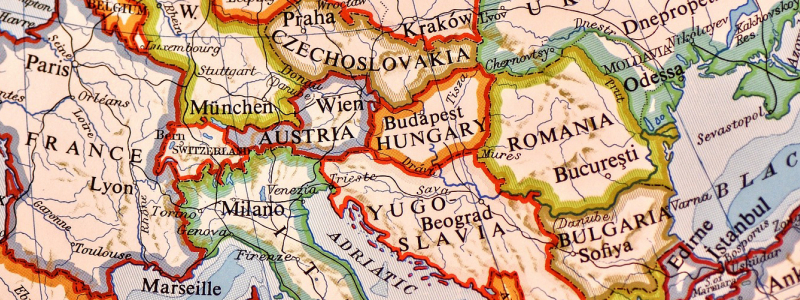Konferencia | International Symposium on Navigating Systemic Change: Political Responses in Central and Southeastern Europe

MTA PAB (7624, Pécs, Jurisics Miklós u. 44.)
The International Symposium on Navigating Systemic Change: Political Responses in Central and Southeastern Europe will take place in Pécs, Hungary, on May 9, 2025. Organized by the Group for Central and Southeast European Political Research—a collaboration between the University of Pécs, İstanbul University, and the University of Warsaw—the symposium will examine how countries in Central and Southeastern Europe respond to the pressures of global systemic change.
From geopolitical realignments to technological disruption, environmental transformation, and social upheaval, the region is facing multifaceted challenges. The symposium invites both theoretical and practical perspectives on how political actors adapt to this shifting landscape through innovative policies and governance strategies.
The event will blend traditional conference presentations with in-depth workshop-style discussions. Each panel will feature short presentations followed by roundtable sessions led by a Section Chair and Discussant, allowing participants to engage deeply with the topics.
You can view the full program HERE.
CALL FOR ABSTRACTS - CLOSED
Theories of International Relations conceptualize systemic change as a profound transformation of the global framework that reshapes the interactions and behavior of international actors. The shift destabilizes existing norms, power structures, and alliances, leading to periods of instability and conflict until new systemic patterns stabilize. In this context, states are forced to recalibrate their domestic and foreign policies to adapt to the demands of changing global and regional dynamics.
The spillovers effects of the ongoing systemic change affect all regional subsystems. Among these, Central and Southeastern Europe is also confronted with various challenges, including geopolitical shifts, the rise of populism, technological innovations, environmental and social transformations, as well as health crises and economic uncertainties. These multiple pressures require countries in the region to develop adaptive public policies with innovative responses and creative solutions. The Group for Central and Southeast European Political Research, founded by the University of Pécs, İstanbul University and the University of Warsaw, invites contributions to its first symposium that address these responses from theoretical and/or practical viewpoints.
For the call, please click HERE!
Pécsi Tudományegyetem | Kancellária | Informatikai és Innovációs Igazgatóság | Portál csoport - 2020.


